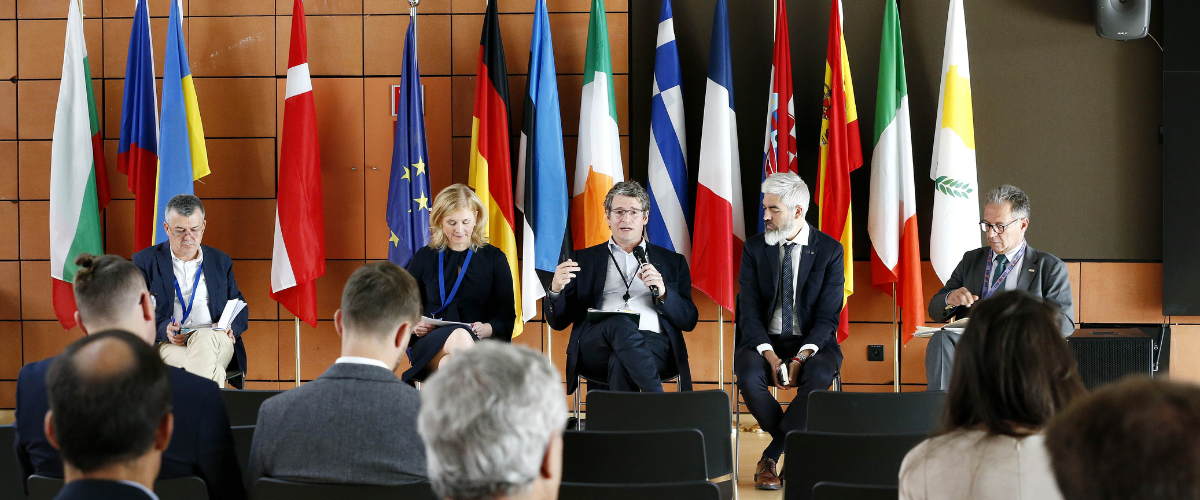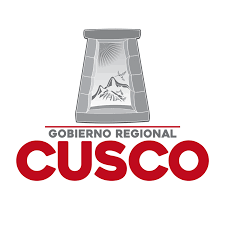European Week shows that centralism is anti-European

The speakers at the event "How to reduce the competitiveness gap between capital regions and the rest of the regions", organized by ORU Fogar during the European Week of Regions and Cities, pointed out that there are "national policies" that not only reflect centralism, but also dilute the cohesion policies promoted by the European Union. The event was scheduled to discuss the figures made public by the Regional Competitiveness Index 2022, which showed that, from Ireland to Romania and Bulgaria; and from Finland and Sweden to Greece and Portugal, throughout Europe, there is a huge gap in competitiveness between the capital regions and the rest.
The most forceful of the speakers was undoubtedly Jorge Núñez, director of Cohesion and European Budget of the CPMR (Conference of Peripheral Maritime Regions), who began by denouncing that, both in the political and academic debate, "the concept of cohesion has disappeared", a term that had been key to the creation of the European Union. Núñez went further and affirmed that many "national plans", in the most diverse spheres, do not configure the cohesion work done by the European Union, for example, with cross-border projects.
Martin Guillermo, secretary of the Association of European Border Regions, spoke of the immense cohesion work carried out by the ERDF funds, insofar as "it allowed many regions to become less peripheral”. He said that investing in borders not only generates greater development processes than in any other area, but also increases the value of integration.
Guillermo said that borders need more Europe and was very categorical in lamenting that "there is a common market, but not a single market". He illustrated this with an example: "In many emergency situations, ambulances cannot cross the border. In some cases, because the title of the doctor in the ambulance is not approved on the other side. In others, because the vehicle does not have the papers authorizing it to circulate in the neighboring country. But there is also the situation of not being able to cross because the driver does not have a work permit on the other side". Thus, he demanded that university degrees, for example, be homologated in all the states of the Union, as is the case today in the BENELUX countries. Finally, the secretary general of AEBR explained that in some Eastern European countries the principle of subsidiarity is completely unknown.
Ignasi Centelles, representative of the Government of Catalonia to the European Union, referred to how the Catalan fiscal deficit with respect to the central state is undermining Catalonia's competitiveness. He stated that the gap between capital regions and other regions can be reduced by building adequate infrastructures and making investments throughout the territory. But, underlining previous interventions, he explained that, in the case of Spain, "national" infrastructures and facilities, whether museums or research centers, only benefited the capital.
The regional mayor of South Karelia, Finland, Satu Sikanen, said that cohesion policy had not reached the regions of her country. "We need - she said - to feel European cohesion and we need to feel it everywhere on the map." In his speech he explained how geopolitics was a determining factor for development. Thus, he told that having its neighbor, Russia, at war was hurting its economy, among other factors, because it prevented tourism flows between the two sides of the border. "We have no choice - he concluded - but to persevere in order to consolidate the development of our territories".
Renewables favor decentralization.
Together with the Region of Pomerania, Poland, ORU Fogar also organized, within the European Week, the event "Energy transition - Making local and regional solutions", with the participation of Marta Morena, director of the Catalan Energy Institute and Iñigo Ansola, director of the Basque Energy Entity. Both agreed on the need to "democratize" the energy transition, betting on local cooperatives that ensure citizen participation in the promotion of renewables.
Marta Morena explained that Catalonia is aligned with the European energy transition, which is committed to 100% renewables by 2050. "The decarbonization of Catalonia -she said- is possible". Iñigo Ansola explained some of the Basque singularities in the process of transition to renewables: having today 62% of renewable energy coming from biomass, having already installed the first marine turbines and making a big bet in favor of green hydrogen, playing strongly in favor of the Ebro Hydrogen Corridor.
More pictures here. Álbumes de European Week of Regions and Cities | Flickr





















































